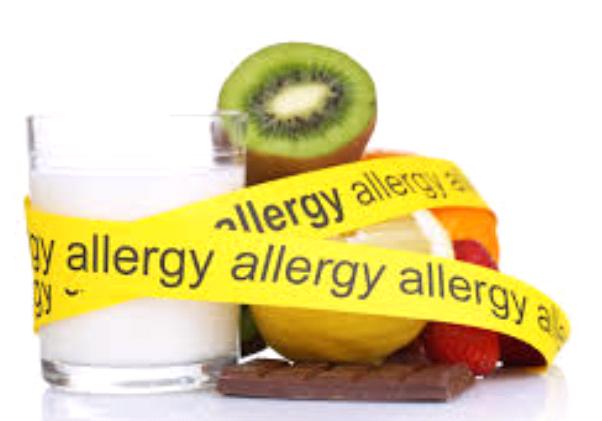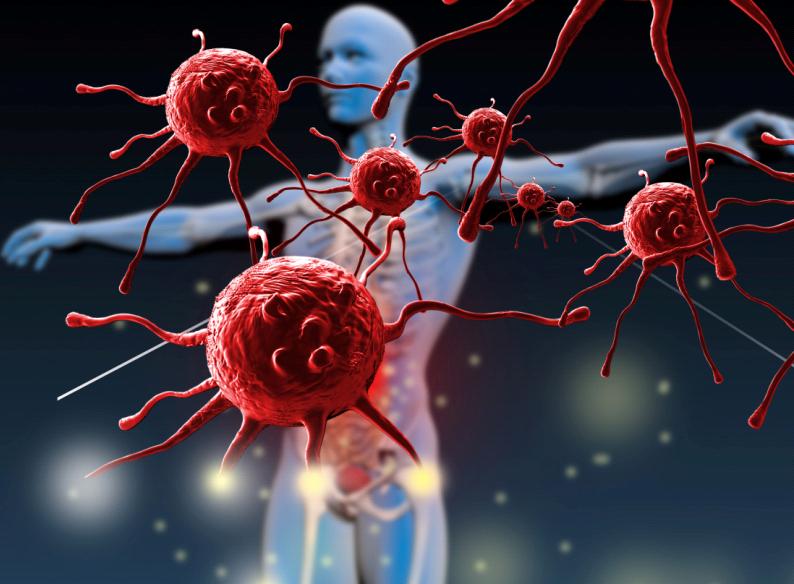Bad breath, medically known as halitosis, is a common issue that affects people of all ages. While it’s often thought…


Bad breath, medically known as halitosis, is a common issue that affects people of all ages. While it’s often thought…

Most people know it as ‘heartburn,’ but the medical term for it is gastroesophageal reflux disease (GERD). GERD is a…

Celiac disease, often referred to as celiac sprue, is a chronic autoimmune disorder that primarily affects the digestive system. It…
 Is your colon happy? Yes, you read that right. The question was: Is your colon happy? Think about it. You spend so much of your time making sure you’re building a happy home, a happy family, a happy childhood for your kids. You worry if your boss is happy with your work. You may even wonder if your bank account is happy. But you likely never think about whether your colon is happy. But the truth is when your colon is unhappy, you’re unhappy. But it doesn’t have to be that way. In fact, there are a number of steps you can take to ensure that your colon is healthy. And the great thing about colons is that when they’re healthy, they’re happy. Here are some valuable tips from gastroenterologists in Queens that can help you turn your colon’s frown upside down.
Is your colon happy? Yes, you read that right. The question was: Is your colon happy? Think about it. You spend so much of your time making sure you’re building a happy home, a happy family, a happy childhood for your kids. You worry if your boss is happy with your work. You may even wonder if your bank account is happy. But you likely never think about whether your colon is happy. But the truth is when your colon is unhappy, you’re unhappy. But it doesn’t have to be that way. In fact, there are a number of steps you can take to ensure that your colon is healthy. And the great thing about colons is that when they’re healthy, they’re happy. Here are some valuable tips from gastroenterologists in Queens that can help you turn your colon’s frown upside down.
 Food allergies are on the rise, both in the United States and around the world. In fact, researchers estimate that upwards of 15 million Americans suffer from food allergies. According to the Centers for Disease Control and Prevention, food allergies among children increased by nearly 50% from the years 1997 to 2011. This swift rise in the number of people suffering from one or more food allergies is baffling to researchers, although many believe that modern chemical processes used to keep foods fresher longer play an important role. What’s most alarming is that this statistic is ever on the rise. If you’re one of the people who are suffering from a food allergy, you understand the significance this health condition can have on your lifestyle. Following is valuable information from top gastroenterologists in Queens that can help you better understand your food allergy and its affect on your body. If you have a food allergy or think you may be allergic to something you’ve eaten you should contact a GI doctor in Queens today.
Food allergies are on the rise, both in the United States and around the world. In fact, researchers estimate that upwards of 15 million Americans suffer from food allergies. According to the Centers for Disease Control and Prevention, food allergies among children increased by nearly 50% from the years 1997 to 2011. This swift rise in the number of people suffering from one or more food allergies is baffling to researchers, although many believe that modern chemical processes used to keep foods fresher longer play an important role. What’s most alarming is that this statistic is ever on the rise. If you’re one of the people who are suffering from a food allergy, you understand the significance this health condition can have on your lifestyle. Following is valuable information from top gastroenterologists in Queens that can help you better understand your food allergy and its affect on your body. If you have a food allergy or think you may be allergic to something you’ve eaten you should contact a GI doctor in Queens today.
 If you are in reasonably good health, you might attribute it to genes (no major health issues in your immediate family), you watch what you eat and you have good gut health. What the heck is good gut health you ask?
If you are in reasonably good health, you might attribute it to genes (no major health issues in your immediate family), you watch what you eat and you have good gut health. What the heck is good gut health you ask?
Much scientific research has been done showing the association between a gut-healthy diet and increased immunity and overall health. If you’re already blessed with good health, you must be doing something right, and, if you want to strive for good health, look below to see what you should be doing going forward.